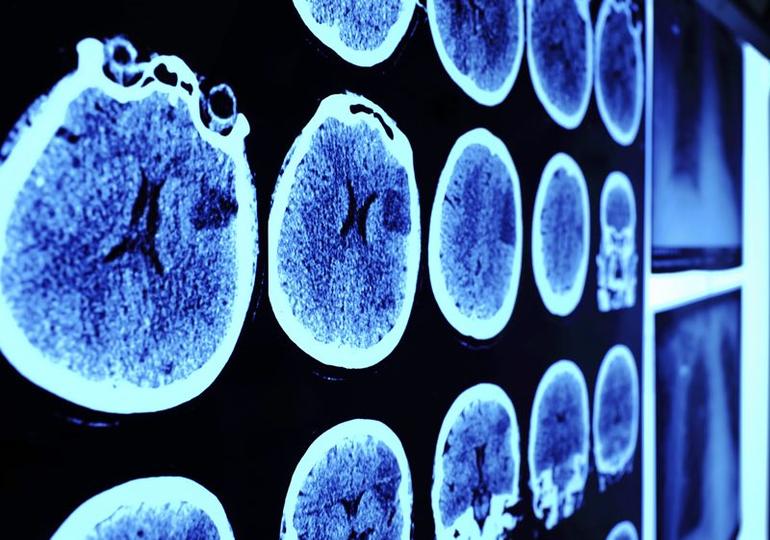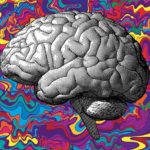Using artificial intelligence, a team of researchers constructed a method able to improve magnetic resonance imaging (MRI) scans. The findings were published in the peer-reviewed journal Neurocomputing.
“The image acquisition process in the field of magnetic resonance imaging (MRI) does not always provide high resolution results that may be useful for a clinical analysis,” writes Karl Thurnhofer-Hemsi, the study’s lead author.
“Super-resolution (SR) techniques manage to increase the image resolution, being especially effective those based on examples that determine a correspondence between patterns of low resolution and high resolution. Deep learning neural networks have been applied in recent years to estimate this association with very competitive results.”
According to researchers at the University of Malaga, without distorting the resolution of the patients’ brain structures in the scans, the new model uses a deep learning artificial neural network to produce better MRI scans.
From the findings: “In this work, the starting point is a convolutional neuronal network to which a regularly spaced shifting mechanism over the input image is applied, with the aim of substantially improving the quality of the resulting image.”
“This hybrid proposal has been compared with several SR techniques using the peak signal-to-noise ratio, structural similarity index and Bhattacharyya coefficient metrics,” the findings add.
“The results obtained on different MR images show a considerable improvement both in the restored image and in the residual image without an excessive increase in computing time.”


